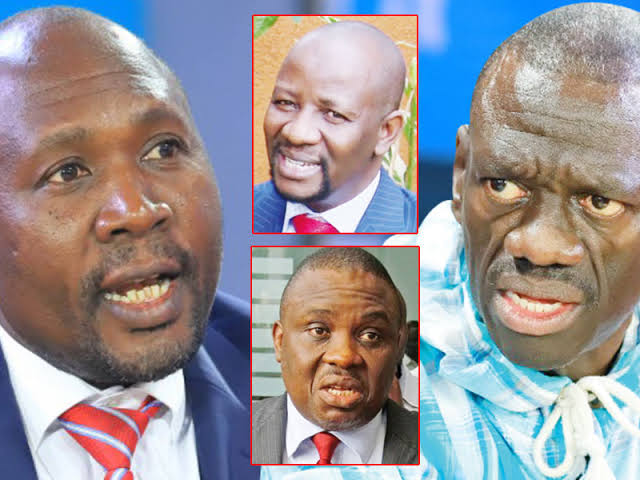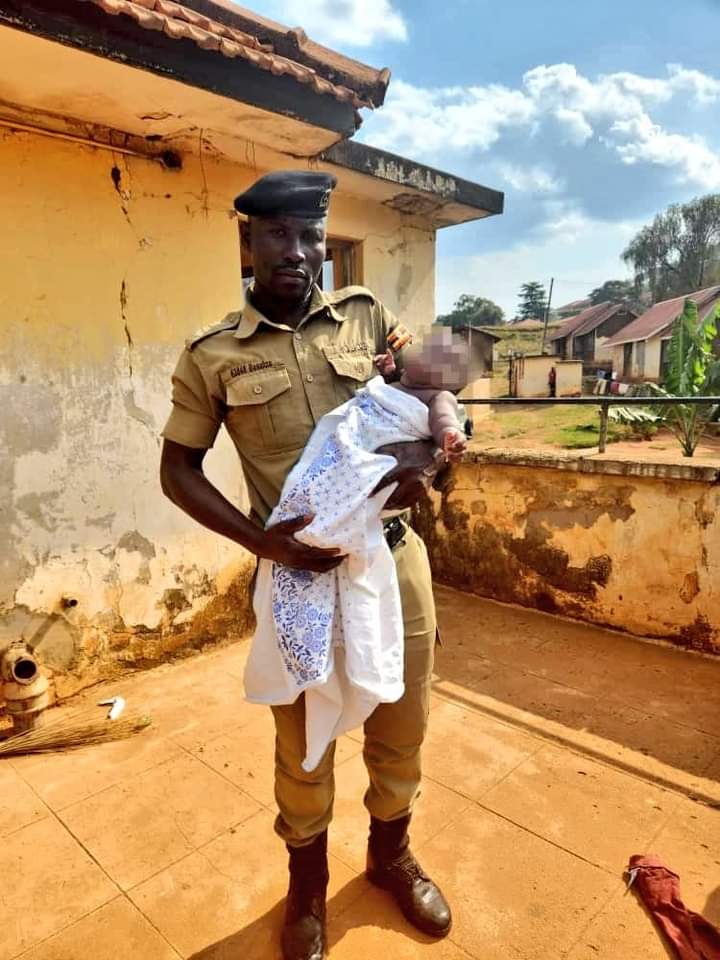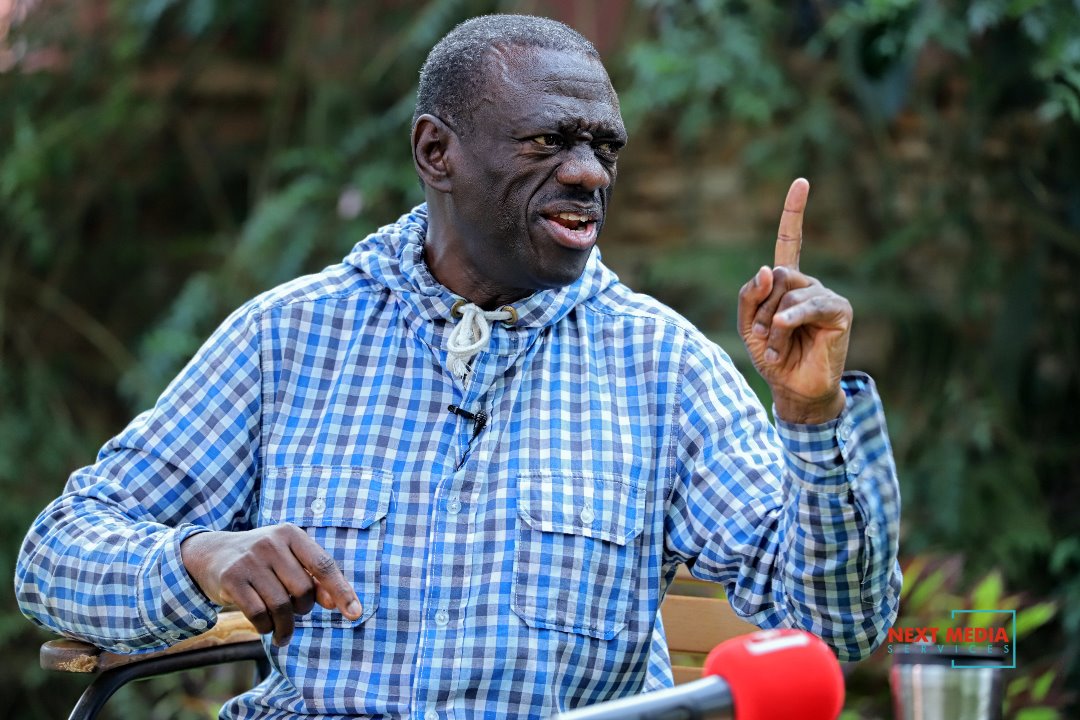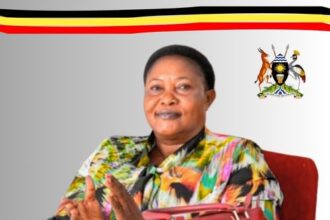Currently, the entire country is starring at the Forum for Democratic Change (FDC) as its top leadership members tear themselves apart and display all the party’s skeletons to the public.
According to senior journalist and political analyst, Samuel Kazibwe wrangles within political parties, especially in Africa are seasonal however if not well handled, they can cause a breakaway of some people and form their party or join opponents (This is common in Africa and Asia), and in Uganda, we have witnessed these scenarios on several occasions.
There are very many factors that may lead to escalation of internal conflicts and factions within political parties and here are some of them;
Ethnic and Regional Cleavages
Uganda as one of the East African countries is characterized by diverse ethnic and regional identities and this has always been an issue whenever a political party is facing a crisis. However, we should not forget that Political parties often form along ethnic or regional lines that are often too influential in the country, for example in Uganda all influential political parties started from the central even if the vision bearer is not from the central region, she/he must get allies from the central because it’s influential in Uganda’s politics.
These two factors have always been the major cause of internal divisions within political parties since 1962 as different groups within the party vie for influence and resources. These divisions can also be exploited by external actors seeking to manipulate the political landscape as they frontline issues of sectarianism.
Weak Institutional Framework
Research has shown that in Africa, political parties are always formed out of anger and rage, they are not formed under proper consultations and this has made them lack strong institutional foundations and culture. The weak internal party structures and mechanisms for conflict resolution can exacerbate tensions and lead to factionalism within parties. Because normally the framers of the party constitutions focus most on how they can get into power but forget always to put up strong structures within the party in case internal wrangles take place.
Power Struggles and Leadership Contests
As in any political setting, power struggles and leadership contests are common within Uganda’s political parties. Competing factions within a party may have different visions, interests, and ambitions, leading to internal wars for control over the party.
Leadership is also a major power broker in Uganda’s political parties, most of the party leaders tend to use their positions to foster their personal desires over their parties’ interests. While some party leaders have used their position to change the party constitution to favour them thus internal wars.
Lack of Ideological Cohesion
In Uganda political parties, are not based on clear ideological frameworks, they don’t operate under any ideology. In fact most of them their ideology is to see the current regime out. All parties don’t have a systematic flow of their vision journey making it easier for internal factions to form around personal interests rather than shared principles. This lack of ideological cohesion can lead to infighting and a focus on short-term gains.
And because of this, in Uganda, we have seen a lot of politicians crossing from one political party to another, others have formed their own political parties to meet their individual desires however when asked why they joined another political, she/he can not explain.
Resource Scarcity and Patronage
Access to resources, government positions, and patronage opportunities can create intense competition within political parties. Leaders and members may engage in internal conflicts to secure access to these resources and rewards. Currently, this is what tearing down FDC and this problem is in every opposition political party.
Weak Rule of Law and Corruption
In countries where the rule of law is weak and corruption is prevalent like Uganda, political parties may become vehicles for personal enrichment rather than serving the public interest. Ugandans have witnessed this vividly where some people use their political parties to escape corruption cases. This can lead to internal wars as different factions vie for control over resources and patronage networks.
Youth and Generational Differences
In some cases, there may be tensions between older, established party members and younger generations who seek to challenge the status quo and advocate for different approaches and policies. This challenge is a bomb waiting for its time to blast within the leading party National Resistance Movement and I’m very sure by the time it will blast very many factions will be formed from this what is called mighty party.
Influence of external interference
This is normally in opposition political parties which tend to use external actors for support, such as foreign governments or corporate interests. However, such external elements may seek to influence or disrupt political parties for their own benefit. This interference can fuel internal conflicts and exacerbate existing divisions.
In multiparty dispensation, we must not forget that Political parties play a crucial role in shaping the political landscape in a country. And their ability to manage internal tensions and promote inclusivity and democratic practices is vital for the stability and progress of Uganda as a nation.
Do you have a story in your community or an opinion to share with us: Email us at Submit an Article








